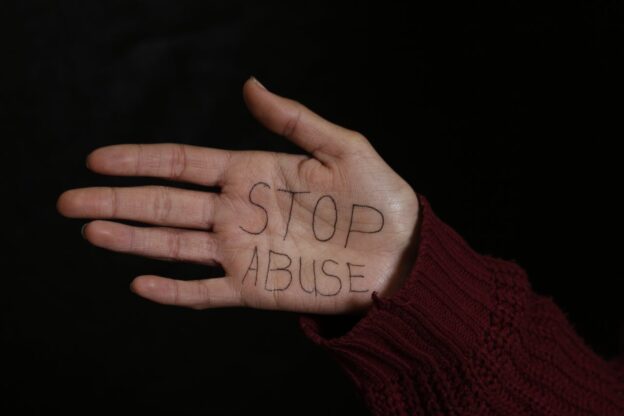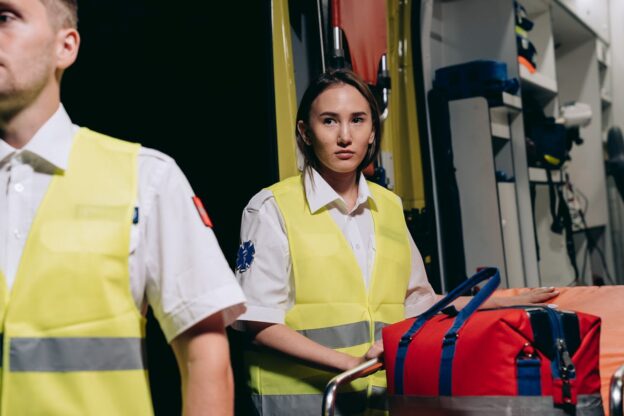Leaving abuse is a huge step, but healing doesn’t stop there. You might still feel unsafe, confused, or alone. Many survivors face fear, trauma, or even substance use after leaving. These things are common—and they don’t mean you’ve failed. Recovery can help you feel stable again. You don’t have to rush it. Step by step, domestic violence survivors can rebuild safety through recovery. It starts with support, the right tools, and a safe place to talk. Some people need therapy. Others may need help with addiction or mental health. A West Virginia treatment center can offer both. No matter what you’ve been through, recovery is possible. We’ll share what helps, what to expect, and how to feel more secure again. You’re not alone—and you don’t have to figure this out on your own.













